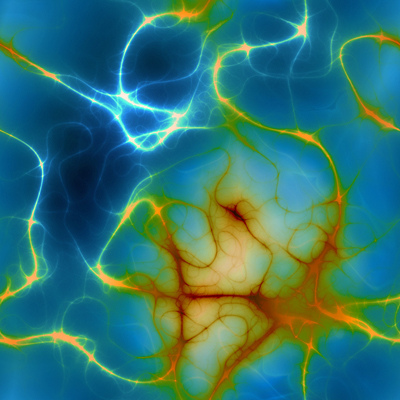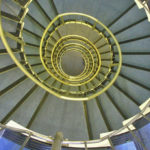We run our website the way we wished the whole internet worked: we provide high quality original content with no ads. We are funded solely by your direct support. Please consider supporting this project.

Does Analytic Thinking Make You Less Religious?
Andrew Aghapour wrote an article that was posted in Religion Dispatches questioning the findings of studies that concluded that analytical thinking negatively affects religious belief. In the article, Does Analytic Thinking Erodes Religious Belief? Aghapour argues that there are flaws in the studies and that the biggest culprit was the most likely the population used for the studies. It’s a good reminder that we need to be using our analytic brains when we encounter claims like these.
From the article:
Like the zombies that populate our screens, Americans have an immense appetite for brains. Most of the above stories come from just the past month, and they are only a small sample of neuroscience’s prominent circulation in the news cycle. Neuroscience can tell us who we are, how we can improve ourselves, and why other people act in the strange ways that they do. In an increasingly complex world, brains seem to somehow point back to the one thing that all humans have in common.
Perhaps because of the high demand for news about the brain, media coverage of neuroscience is notoriously sketchy. In a recent article in the journal Neuron, the authors lament the ways that popular neuroscience is used to artificially “underline differences between categories of people in ways that [are] symbolically layered and socially loaded.” In other words, research about the brain is often stretched and extended to support existing stereotypes about race, sex, class, and religion. Neuroscience is new enough, and our desire for brain facts is strong enough, that dubious claims about brain types circulate widely.
Image by Patrick Hoesly. Sourced via Flickr.
Related Reading

Paul Teaches Free Will, Not Determinism: Romans 9, Part 3
In this series of posts, I am challenging the deterministic reading of Romans 9, which interprets Paul’s teaching as saying that God chooses some to be saved and others to be damned. There are six arguments that I offer to challenge this popular view. Today, I will look at the fourth. Argument #4: Paul’s Summary and…

Podcast: What Are Your Thoughts on DNA Modification?
Greg discusses the benefits and risks of DNA modification. http://traffic.libsyn.com/askgregboyd/Episode_0229.mp3

Podcast: What if Science Proved Jesus Did Not Rise From the Dead?
Greg responds to an accusation from Richard Dawkins and considers a hypothetical situation where scientists prove that Jesus did not rise from the dead. He also confesses which worldview he would adopt if he were to leave Christianity. http://traffic.libsyn.com/askgregboyd/Episode_0085.mp3

The Beautifully Bizarre Entangled You
Reality is not always what it seems. We get lulled into treating our miraculous lives as something ordinary if we’re not paying close attention. Last weekend Greg preached on some of the more bizarre findings of quantum physics and what this this reveals about how beautifully entangled we are with God and with one another.…

Podcast: Should We Trust the Bible When it Fails on Page 1?
Greg talks about science and the Bible. http://traffic.libsyn.com/askgregboyd/Episode_0345.mp3

Lighten Up: You Gotta Believe In Something, Man!
Two things here: 1) How does this philosopher not see that “not believing in believing” is itself a belief? 2) Is that a turtleneck or is that philosopher just really hairy?
